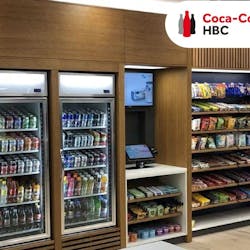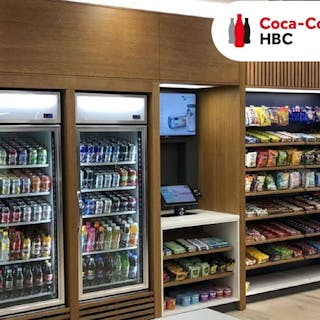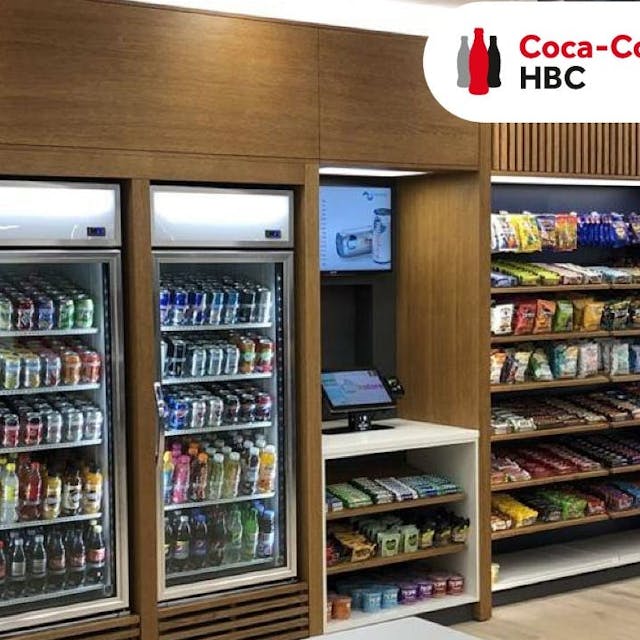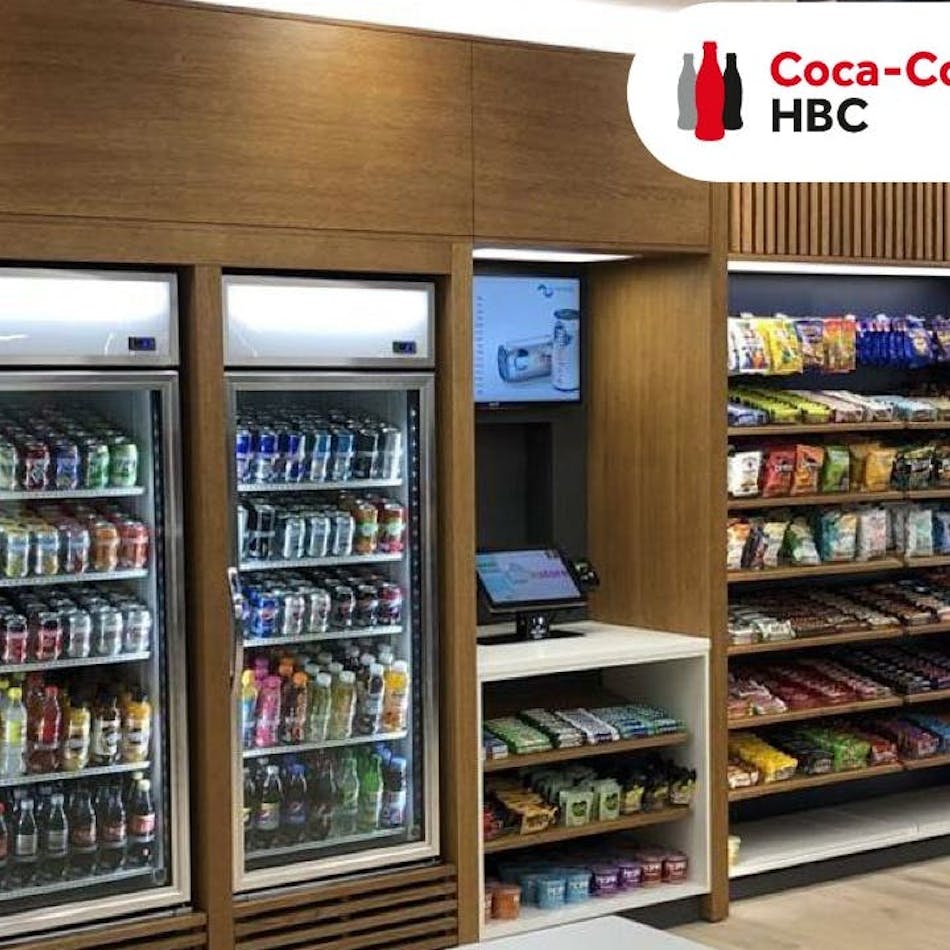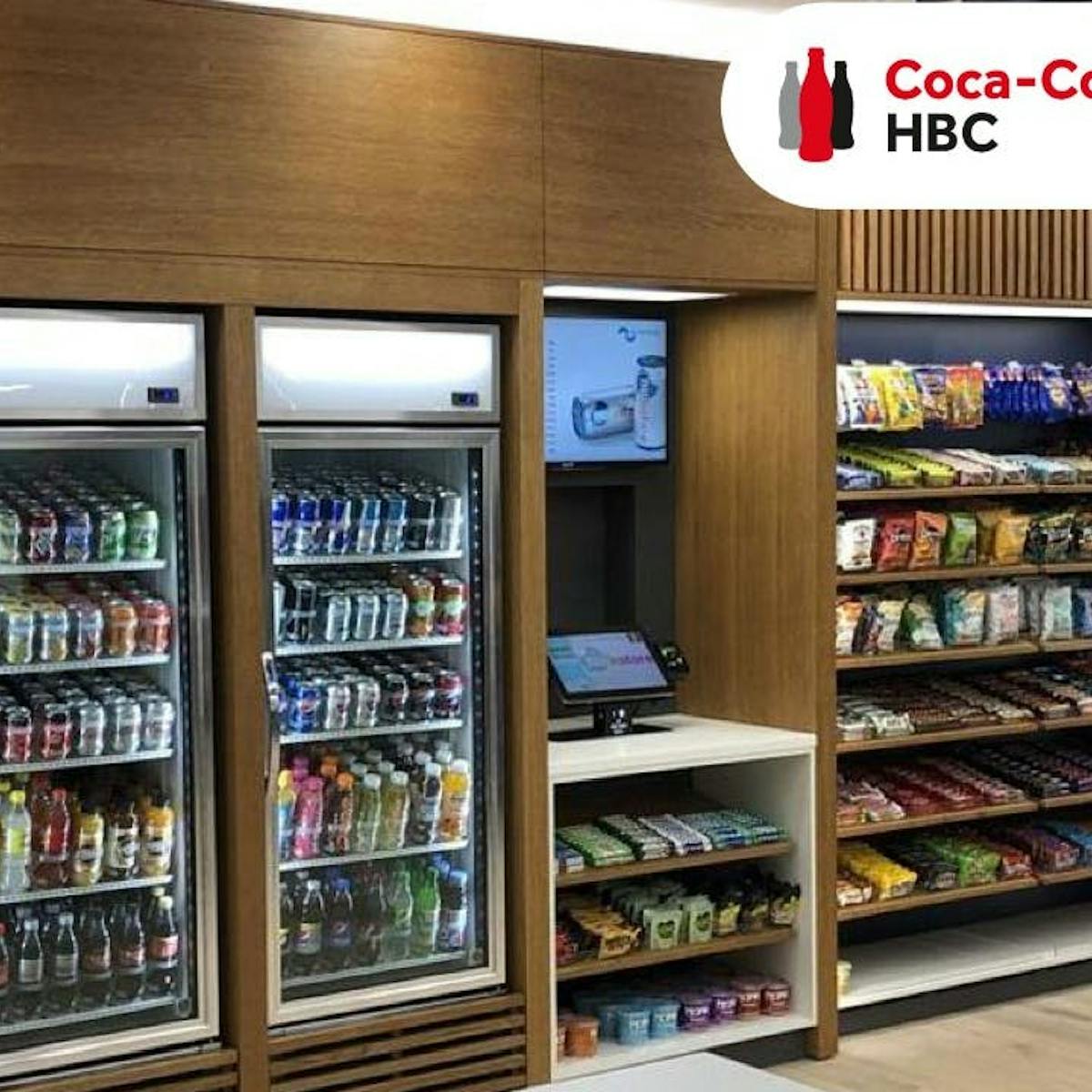Advanced technology that allows operators to manage their business effectively is now more prevalent in the convenience services industry. Surprisingly, some operators are still working without those key business tools, or have taken a budget route, using a less recognized technology platform. That’s a mistake.
As every convenience services operator knows, making a move to enhance their technology, from vending management systems to cashless payment platforms, is a costly, time-consuming and disruptive endeavor. Such a move will also pay for itself many times over when an operator sells their company.
During my career, I have served as a sell-side intermediary in over 150 vending, micro market, coffee service and foodservice transactions. I have seen firsthand the impact of technology on the process, the terms and the selling price of a business.
A cumbersome process
Before the existence of remote technology offering machine connectivity, the process of evaluating a company’s sales and the actual transitioning of assets on the day of the sale was a brutally cumbersome job. Field audits were required to verify equipment, foot traffic and locations as part of the valuation process. When it came time for the actual transition, the buyer and seller would literally send teams of people out to do inventory on machines, pull money from machines and count money in the coin changers. Inventory on trucks and on the warehouse floor also required a hand count. This whole process could take days, and it was far from an exact science, prone to error. Today, utilizing remote connectivity, payment and inventory management software, the process is much easier and far more accurate.
Looking back just 10 years or so, all the major players, such as Canteen, Aramark and Sodexo, utilized their own internal software. Whatever system the operator had in place was unimportant to them – it was typically discarded after the sale. That has changed today as the larger companies have now adopted the leading technology platforms for their own businesses, making the transition seamless, provided that the operator who is selling their business also has a major technology platform in place. That is why it is critical for an operator to be using a prominent industry technology for VMS, payment and inventory management.
A recent costly example
Having the wrong technology in place or no technology at all can be costly for a seller. I was just involved in the sale of a company in Texas, owned by some nice people, but it was an old-school operation that still ran everything using paper tickets, no technology. It delayed the distribution of proceeds, resulted in costly, labor-intensive efforts by both the seller and the buyer, and overall, it cost the buyer a significant amount of money. In this case, the seller received 21% less than they should have. On a $5 million sale, it’s over a million dollars. Putting technology in place does not cost anywhere near that amount.
Night-and-day difference
For the buyer, acquiring a company with technology in place is a night-and-day difference. In the due diligence process, the buyer can evaluate the prospective purchase with reliable, real-time information that is easily available to them. At the time of the sale, no accounts will be accidentally omitted, which can happen during the transition. Overall, the integration of the business from one company to another is smooth when the right technology is being used.
What it says to the buyer
When an operator has made a significant investment in technology, it tells the buyer the business isn’t just a gig to generate cash and support a family. It is being run professionally, and that message translates to a higher selling price. Conversely, when the technology investment is absent, the buyer could assume that the seller might have “checked out” a few years ago and perhaps, do not have their hands on the wheel. Which, of course, brings up the question: What else will we need to do as the buyer when we take over the business? The buyer will certainly have to consider how many hours and dollars will need to be invested after the deal is done.
A good starting point
Any operator who has yet to invest in technology or has just dabbled in it, but remains uncommitted, should attend the NAMA Show in Dallas this May. Every major technology platform will be on display, and their representatives can provide guidance. Technology will improve your efficiency and profitability, and any operator who plans to sell at some time in the future will be wise to get their accounts connected to a leading technology platform.
ABOUT THE AUTHOR
Mike Kelner of VBB Advisors has been a senior business intermediary in the refreshment services industry for over 30 years, representing sellers exclusively. He can be reached at [email protected] or 704-942-4621.





